
Financial Care for Life > Buying Your First Home
Buying Your First Home
What You Need To Know To Make That Big Purchase Easier
For many of us, home ownership is an important part of the American dream and one of our most important life moments. It means community, independence and success. However, the process of buying a home can appear overwhelming. But, with some careful planning, it can be both achievable and rewarding. We’ve provided below a few considerations to help in your journey to home ownership.
Tools that may help you:
Identifying Affordability
Are you ready to buy? It’s a simple but important decision you need to consider before becoming a home owner. Housing is more affordable and accessible than ever with incentives and attractive interest rates luring more to ownership. However, buying a home significantly impacts your finances so understanding what you’re getting into is important. Upfront costs, closing costs and your down payment combined with the expenses of furnishings and moving can add up. A comprehensive budget will help in determining an estimated monthly mortgage payment and home ownership costs. There are various online mortgage calculators and tools designed to help you plan.
Understanding Homeowner’s Insurance
Purchasing homeowner’s insurance is not only critical for protecting your home, your personal property and yourself against any potential liability, it’s also required by your lender if you have a mortgage. Essentially, it consists of a package of coverages that includes the following:
- Dwelling: Covers damages to your house and any attached structures, including fixtures such as plumbing, electrical and HVAC systems.
- Other Structures: Pays for damage to unattached structures, including a detached garage, tool shed, fence, etc.
- Personal Property: Covers personal possessions such as appliances, furniture, electronics, clothes, etc.
- Loss of Use: Reimburses for additional living expenses while you are unable to live in your home.
- Personal Liability: Pays claims if you are found liable for injuries or damages to another party.
- Medical Payments: Pays the medical bills incurred by people who are hurt on your property or by your pets.
It’s important to note that the above coverages only pertain to losses caused by a liability covered by your policy. For instance, if your policy doesn’t cover earthquake damage, then losses will not be reimbursed. There are many types of homeowner policies so it’s important you consider which coverages and limits are most appropriate in alleviating any potentials risks. For Individuals with significant assets, you may want to consider attaching an umbrella policy to your homeowner’s policy as it provides liability coverage in excess of the liability limits of your current policy.
Checking Your Credit Score
Securing a good mortgage requires a good credit score. Before you begin shopping, check your credit report and ensure it doesn’t contain any errors. Correcting your credit report can take time so it’s important you act quick. If you need to improve your score, start by paying down debts, making payments on time and avoid taking on any additional new credit.
Saving for Your Down Payment
The vast majority of mortgage lenders will require a down payment on your new home. This upfront partial cash payment typically depends on your mortgage loan type. When preparing for your home purchase, it’s important you consider your down payment and establish a savings plan to accommodate a targeted loan amount. Here are a few steps you should take when saving:
- Plan your savings budget
- Increase your income
- Cut unnecessary spending
- Pay off your debt
- Research first-time home buyer programs
Knowing Your Mortgage Options
Once you consider all the above, it’s time to determine the type of mortgage that aligns with your goals, needs and financial situation. Before you begin shopping for a loan, it’s important you understand the most common types of mortgages and it is helpful to understand some of the basic terminology, the options and the process.
- Fixed-rate mortgages: A fixed-rate mortgage means your mortgage interest rate – and your total monthly payment of principal and interest – will stay the same for the entire term of the loan. This offers you consistency that can help make it easier for you to set a budget.
- Adjustable-rate Mortgage (ARM): An adjustable-rate mortgage (ARM), or variable-rate mortgage, is a loan type with an interest rate that varies throughout the loan’s life. Adjustable-rate mortgages feature a fixed rate initially and then a variable interest rate that resets in predetermined periods, such as monthly or annually. Your monthly payment will increase or decrease if the index rate goes up or down.
- Alternative mortgage options: You may qualify for an FHA (Federal Housing Administration) or a VA (Department of Veterans Affairs) loan. The alternative mortgage options typically allow for a lower down payment and credit score as compared to other loan types.
The KIG team is here to help make your first home purchase a memorable experience. We’ll provide you with customized guidance on the mortgage option that best suits your needs and expectations.
The information presented here is not specific to any individual's personal circumstances.
To the extent that this material concerns tax matters, it is not intended or written to be used, and cannot be used, by a taxpayer for the purpose of avoiding penalties that may be imposed by law. Each taxpayer should seek independent advice from a tax professional based on his or her individual circumstances.
These materials are provided for general information and educational purposes based upon publicly available information from sources believed to be reliable — we cannot assure the accuracy or completeness of these materials. The information in these materials may change at any time and without notice.





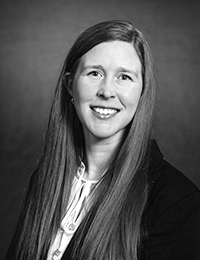 Maggie Slivinski
Maggie Slivinski Steve Corbo
Steve Corbo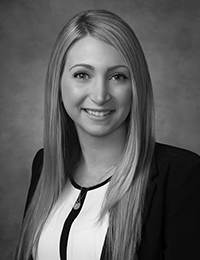 Alexandra Rao
Alexandra Rao Alexa Comey
Alexa Comey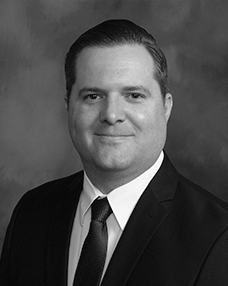 Gene Donato
Gene Donato Jack W. Kennedy III, CFP®, AAMS®
Jack W. Kennedy III, CFP®, AAMS® Henry (Hank) J. Schroeder, CFP®
Henry (Hank) J. Schroeder, CFP®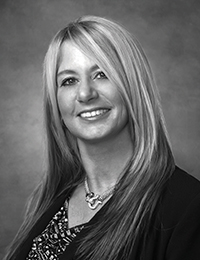 Diane Gallagher
Diane Gallagher Scott Bernstiel
Scott Bernstiel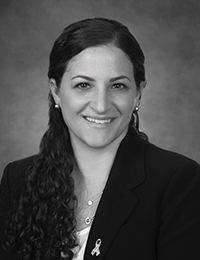 Chrissy Carpenter
Chrissy Carpenter David Strout
David Strout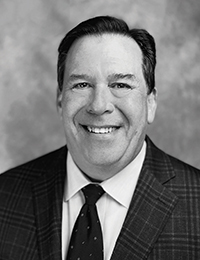 Keith R. Hering AAMS®, CRPS®, CIMA®
Keith R. Hering AAMS®, CRPS®, CIMA® 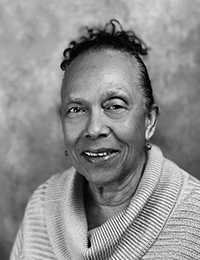 Marjorie Onuwa
Marjorie Onuwa